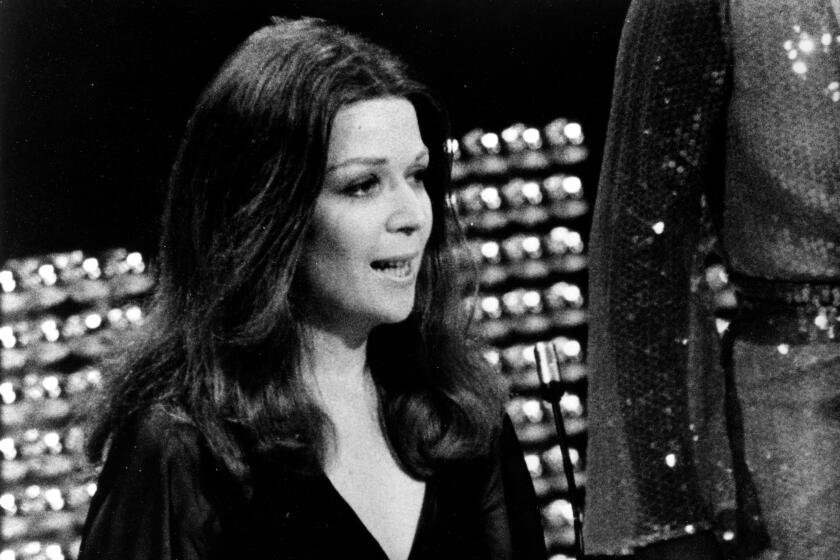SAG-AFTRA board votes to reduce number of union locals
SAG-AFTRA, Hollywood’s largest entertainment union, is thinning down.
The national board of the 165,000-member union, formed earlier this year in the merger between the Screen Actors Guild and the American Federation of Television and Radio Artists, voted Sunday to reduce the number of locals to 25, down from 33.
The locals represent members across the country and elect directors who serve on the SAG-AFTRA national board.
The reduction is part of the process of integrating the two unions and reflects an effort to avoid duplication of regional offices representing the formerly separate unions that merged in March. SAG-AFTRA officials did not say which offices might close as a result of the consolidation.
The national board unanimously voted to approve the following locals: Atlanta, Arizona-Utah, Chicago, Colorado, Dallas-Fort Worth, Hawaii, Houston-Austin, Los Angeles, Miami, Michigan, Missouri-Kansas City-Nebraska, Nashville, Nevada, New England, New Orleans, New Mexico, New York, Ohio Allegheny, Philadelphia, Portland, San Diego, San Francisco-Northern California, Seattle, Twin Cities, Washington-mid-Atlantic.
When the union’s permanent governance structure is in place in September 2013, the number of national board seats allotted for the 25 locals will be 70. The two largest locals, Los Angeles and New York, will have 28 and 16 board members, respectively. The 10 national officers also serve on the SAG-AFTRA national board, bringing its total size to 80.
SAG-AFTRA Executive Director David White also told the board about 80 people had accepted voluntary buyout packages. The job cuts were nationwide and were mostly completed in September. SAG-AFTRA currently has a staff of about 520.
ALSO:
SAG-AFTRA offers new Health Mart service for actors and agents
SAG-AFTRA reaches deal with record labels
SAG-AFTRA members give thumbs up to merger
More to Read
From the Oscars to the Emmys.
Get the Envelope newsletter for exclusive awards season coverage, behind-the-scenes stories from the Envelope podcast and columnist Glenn Whipp’s must-read analysis.
You may occasionally receive promotional content from the Los Angeles Times.









